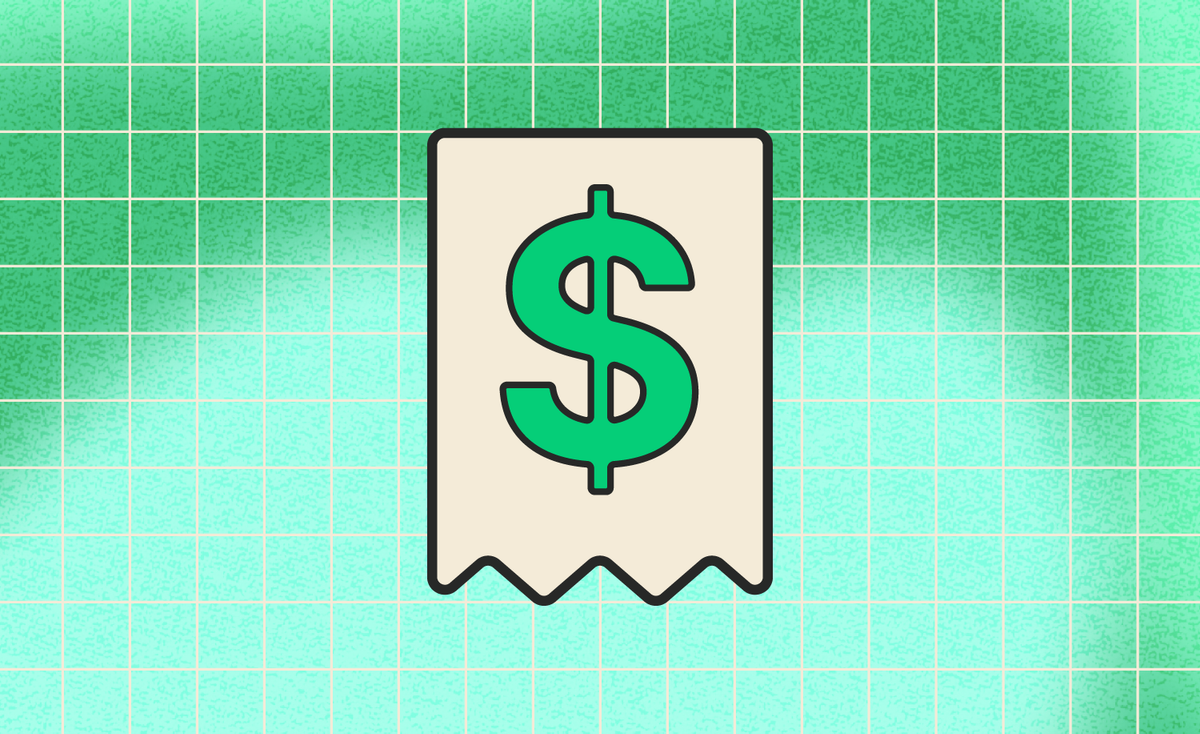Kickstarter Fees: A Comprehensive Guide for Creators
This guide breaks down the fees that Kickstarter creators should be aware of, including platform and payment processing fees. By understanding these fees, creators can make informed decisions and ensure the financial viability of their projects.

While crowdfunding offers a unique opportunity to build a community, foster support around your ideas, and raise the necessary funds to launch their creative idea, it's crucial for creators to understand the associated costs and fees.
This comprehensive guide will break down the various fees that Kickstarter creators need to be aware of, including platform and payment processing fees. By gaining a clear understanding of these fees, creators can make informed decisions, set realistic funding goals, and ensure the financial viability of their projects.
Platform and payment processing fees
If a project is successfully funded, Kickstarter collects a 5% fee from the funds collected for creators. Stripe, our payments processor, will also collect a payment processing fee (roughly 3-5%). The complete fee breakdowns are available here.
Pledges under $10 have a discounted micropledge fee of 5% + $0.05 per pledge.
If a project does not reach its funding goal, no fees are collected.
We established this fee in 2009 and have set an industry standard for creator-friendly funding.
We use this model because we believe in paying artists and creators as much as possible. We’re a tool for going around traditional gatekeepers like agents, dealers, distributors, fiscal sponsors, record labels, and publishers, and we accordingly take a much lower cut than they do.
In 2015, we furthered our commitment to supporting the health of the creative community by becoming a Public Benefit Corporation. This means we measure our success based on how well we achieve our mission of bringing creative projects to life, not just shareholder profits.
Additional Costs outside of Kickstarter
The above clearly outlines the fees you can directly expect via Kickstarter. However, the below details some additional fees and costs Creators should also consider prior launching their creative idea.
Staff and Fulfillment Costs
In addition to the platform fee and payment processing fees, creators also need to consider staff and fulfillment costs. These costs can vary depending on the size and scope of the project but can include hiring additional staff, outsourcing fulfillment to a third-party logistics company, purchasing packaging materials, paying for shipping costs, and tracking shipments.
Taxes
Creators may also be responsible for paying taxes on their Kickstarter earnings, depending on their location and the structure of their business. These taxes can include sales tax, income tax, value-added tax (VAT), custom duties and import taxes, and local taxes.

Marketing
Running paid advertising campaigns on platforms like Google and Facebook can target specific demographics and interests, increasing the project's visibility to potential backers who are genuinely interested in what it offers. However, creators should carefully manage their advertising budget and ensure that the return on investment justifies the expense.
Rewards
Creators who plan to produce and ship physical rewards will need to factor in the cost of materials, production, and shipping. The cost of materials will vary depending on the type of reward but can include the cost of raw materials, components, and assembly. Production costs can also vary, and can include the cost of labor, machinery, and overhead. Shipping costs can also be a significant expense, especially for international shipments. Creators should research shipping rates and compare prices from different carriers to find the most cost-effective option.
Bring Your Idea to Life with Kickstarter.
Join the thousands of visionary creators choosing to put their ideas into action on Kickstarter. Start your free project draft today and explore all the tools you need to turn your vision into reality.
Get Started
